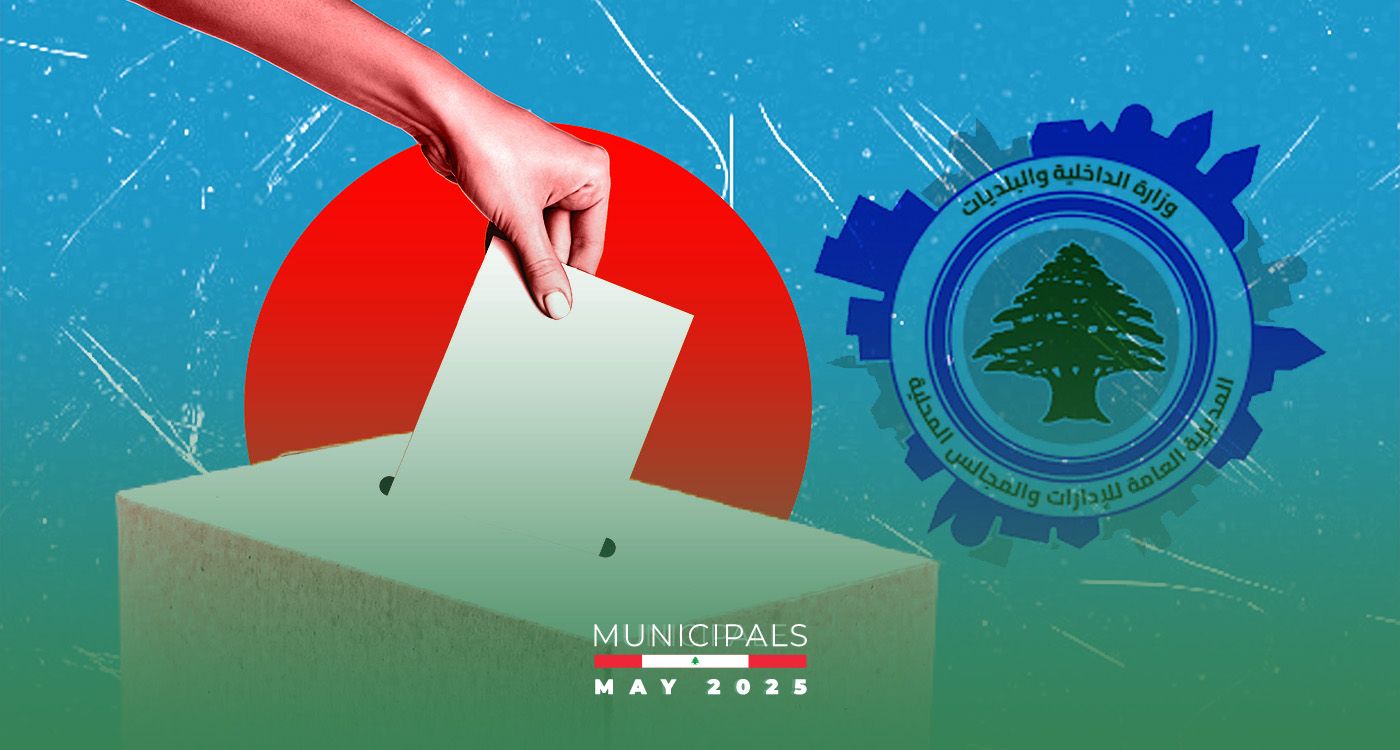
As Lebanon gears up for municipal elections beginning May 4, one often-overlooked player is attracting heightened attention from political leaders: municipal federations. Though relatively unfamiliar to the general public, these inter-municipal bodies have emerged as crucial instruments of local governance in a country where central authorities frequently struggle to deliver basic services.
Created under Lebanon’s 1977 Municipal Organization Law, municipal federations (MFs) hold legal status and enjoy administrative and financial autonomy, similar to that of individual municipalities (Article 114). These federations can include an unlimited number of member municipalities—usually on a voluntary basis—to implement joint projects that surpass the financial or technical capacity of any single locality. Such initiatives typically focus on shared public services, including road maintenance, sanitation, waste management, and water or irrigation infrastructure.
To become part of a municipal federation, municipalities must share administrative borders and be located within the same district, or caza. However, the number of federations does not directly align with the number of districts. Some cazas, like Shouf and Baabda, host several federations. Akkar has six. In contrast, districts such as Zgharta, Metn, and Batroun each have just one. Across Lebanon, there are currently 53 municipal federations serving a total of 1,064 municipalities.
"Not every municipality is part of a federation," explains Patrick Richa, Communications Director for the Kataeb Party, in an interview with This is Beirut. "In the Metn district, for instance, there are more than 70 municipalities, yet only 33 are members of the Metn Municipal Federation."
A Mechanism for Municipal Collaboration
In an interview with This is Beirut, journalist Jean Nakhoul remarked, “Municipal federations are essentially tools for coordination and advocacy. A water sanitation project, for example, is far more likely to receive funding and be carried out successfully if it serves multiple towns rather than just one.”
Richa further explains, “All funding is channeled through the Independent Municipal Fund (IMF), which operates under the supervision of the Ministry of the Interior. Most projects implemented by municipal federations in recent years have been backed by international and regional donors. Submitting a project on behalf of a federation gives it greater strategic credibility, as it reflects a broader vision that goes beyond the scope of a single municipality.”
By pooling human, technical, and financial resources, neighboring municipalities can better tackle common interests—a particularly crucial advantage for smaller towns with constrained budgets. Initiatives launched through a municipal federation also tend to garner greater interest from international donors and NGOs, positioning these federations as vital players in local development efforts.
This has positioned MFs as platforms for securing external funding, allowing them to implement projects that would be beyond the reach of individual municipalities. As a result, their role within Lebanon’s local development framework continues to expand.
Limited Resources, Key Facilitator Role
Municipal federations draw their funding from multiple sources, including contributions from member municipalities, government grants and subsidies, transfers from the Independent Municipal Fund (IMF), as well as donations from international organizations and private entities. The Lebanese state may also earmark specific allocations for federations within its annual budget.
All financial decisions by federations are subject to administrative oversight, following the same regulatory framework that governs individual municipalities. Funds managed by the Independent Municipal Fund (IMF) are distributed annually, with 75% allocated to municipalities and the remaining 25% to federations—after deducting operational expenses for the Ministries of Finance and Interior. Notably, funding for large-scale infrastructure projects has primarily come from private donors, NGOs, UN-affiliated agencies, and, until recently, the US Agency for International Development (USAID).
A Crucial Political Battleground?
Political parties in Lebanon often vie for control over municipal federations, seeing them as strategic instruments of local authority with considerable political, financial, and social stakes. According to analysts, this rivalry is also linked to early maneuvering ahead of the 2026 parliamentary elections. Presidents of municipalities and federations maintain close relationships with constituents and command influential networks, giving them the ability to mobilize voters and direct resources effectively.
“It’s a system of mutual support,” explains Jean Nakhoul. “The more local allies a party or influential figure has, the more they can push forward their objectives.” The president of a federation holds the power to prioritize specific villages or projects, thereby exerting substantial influence on local development.
However, Richa plays down the role of political parties in municipal elections. “These elections are largely about family ties and local dynamics. Our role is to mitigate conflicts when possible.”
Despite this, the Kataeb Party is paying close attention to the situation within the Metn federation. “After years of dominance by a single family—the late Michel Murr’s (Editor’s Note)—it’s time for a change,” says Richa.
When asked whether controlling federations is part of the party’s national strategy, he emphasized that this is not a priority for the Kataeb.
A Pathway to True Decentralization?
Decentralization reform has been a topic of ongoing debate in Lebanon. Should it be implemented, municipal federations could serve as the cornerstone of a new territorial governance system. “They could function as local ‘mini-ministries,’” explains Nakhoul.
In the meantime, the upcoming municipal elections will provide a glimpse into the evolving political landscape and underscore the increasing importance of local governance in Lebanon’s public affairs.

Comments